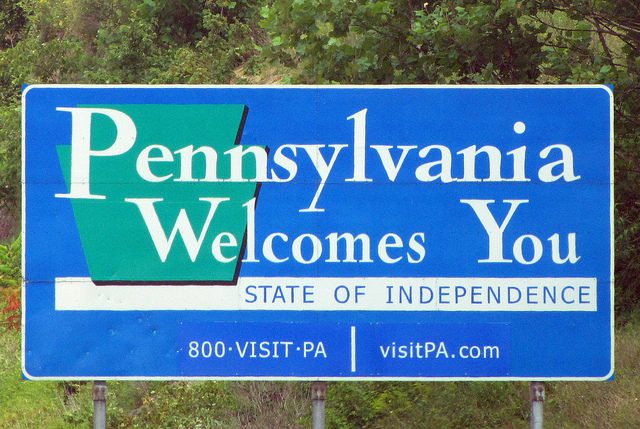 Frontier FiOS TV customers in the Seattle area are still paying the same price for a cable television package missing one of its most popular channels and the phone company won’t lower the bill.
Frontier FiOS TV customers in the Seattle area are still paying the same price for a cable television package missing one of its most popular channels and the phone company won’t lower the bill.
Since the New Year began, a retransmission consent dispute between Frontier Communications and Sinclair Broadcast Group — the nation’s largest station group owner, has meant customers can no longer watch KOMO-TV (ABC) in Seattle on their Frontier FiOS lineup.
Daily Herald columnist Julie Muhlstein pondered if that should inspire more Washington residents to retaliate with some cord cutting of their own, especially after Frontier Communications delivered an unsympathetic response to the questions many cable customers ask when channels suddenly vanish from the lineup – why isn’t the bill going down?:
Not only is FiOS my source of TV at home, The Daily Herald has a Frontier hookup. For now, there will be no watching KOMO News or ABC on our newsroom TV.
I don’t watch “The Bachelor,” but that’s not the point. Shouldn’t all local affiliates of major commercial broadcast networks — particularly the traditional big three, ABC, CBS and NBC — be the minimum of what cable providers offer? I think so.
And if Frontier Communications offers less, shouldn’t monthly bills be reduced? I think so.
That’s not the way the business works, said Javier Mendoza, director of communications for Frontier Communications. Mendoza confirmed Tuesday that Frontier’s agreement with Sinclair Broadcast Group, Inc. has expired. Sinclair owns Seattle-based KOMO TV, the local ABC affiliate.
“FiOS occasionally changes its channel offerings. That’s covered in our customer service agreement,” Mendoza said. “Such programming package changes are part of normal business and no discounts are available.”
In other words, tough luck and no refunds. Watch something else.

Phillip Dampier: TV retransmission consent disputes will eventually cost both sides money and customers.
Frontier may be its own worst enemy deleting major network affiliates from the lineup, because for many subscribers, those are the channels that keep them subscribed to a bloated, overpriced cable television package that includes dozens of channels they will never watch. Once off the lineup, customers begin searching for alternatives, and something as simple as a good over-the-air antenna can restore free television channels that now cost many cable subscribers several dollars a month only because they travel across a wire or through a satellite dish.
Sinclair, for its part, isn’t terribly sympathetic to the consumer either, demanding an ever-increasing amount of compensation from cable and satellite providers to carry their local stations on the lineup.
Barry Faber, Sinclair’s executive vice president for distribution and network relations, says their asking price was perfectly reasonable for other providers (even though many promptly pass those fees on to consumers in the form of a ‘Broadcast TV Surcharge’). Faber implied Sinclair offered a ‘take it or leave it’ price and Frontier left it.
“They just decided they don’t want to pay that amount. That’s their decision,” Faber said. “It’s up to subscribers to decide what they want to do. If I were a subscriber, I’d think about leaving them.”
Unfortunately for Sinclair, if subscribers go back to using an antenna for television, they will effectively no longer be filling Sinclair’s bank account either, because watching over the air television is still free, at least until someone tries to charge viewers for that as well.


 Subscribe
Subscribe
 Frontier Communications has told Sinclair Broadcast Group the asking price to renew carriage of the Tennis Channel and several Sinclair over-the-air stations is too rich for their blood, and as a result will drop the channels Jan. 1, 2017.
Frontier Communications has told Sinclair Broadcast Group the asking price to renew carriage of the Tennis Channel and several Sinclair over-the-air stations is too rich for their blood, and as a result will drop the channels Jan. 1, 2017. A well-placed source inside Frontier Communications tells Stop the Cap! the phone company is planning to ask customers for a $4.50 “convenience fee” to make a bill payment by phone, starting as early as January 2017.
A well-placed source inside Frontier Communications tells Stop the Cap! the phone company is planning to ask customers for a $4.50 “convenience fee” to make a bill payment by phone, starting as early as January 2017.